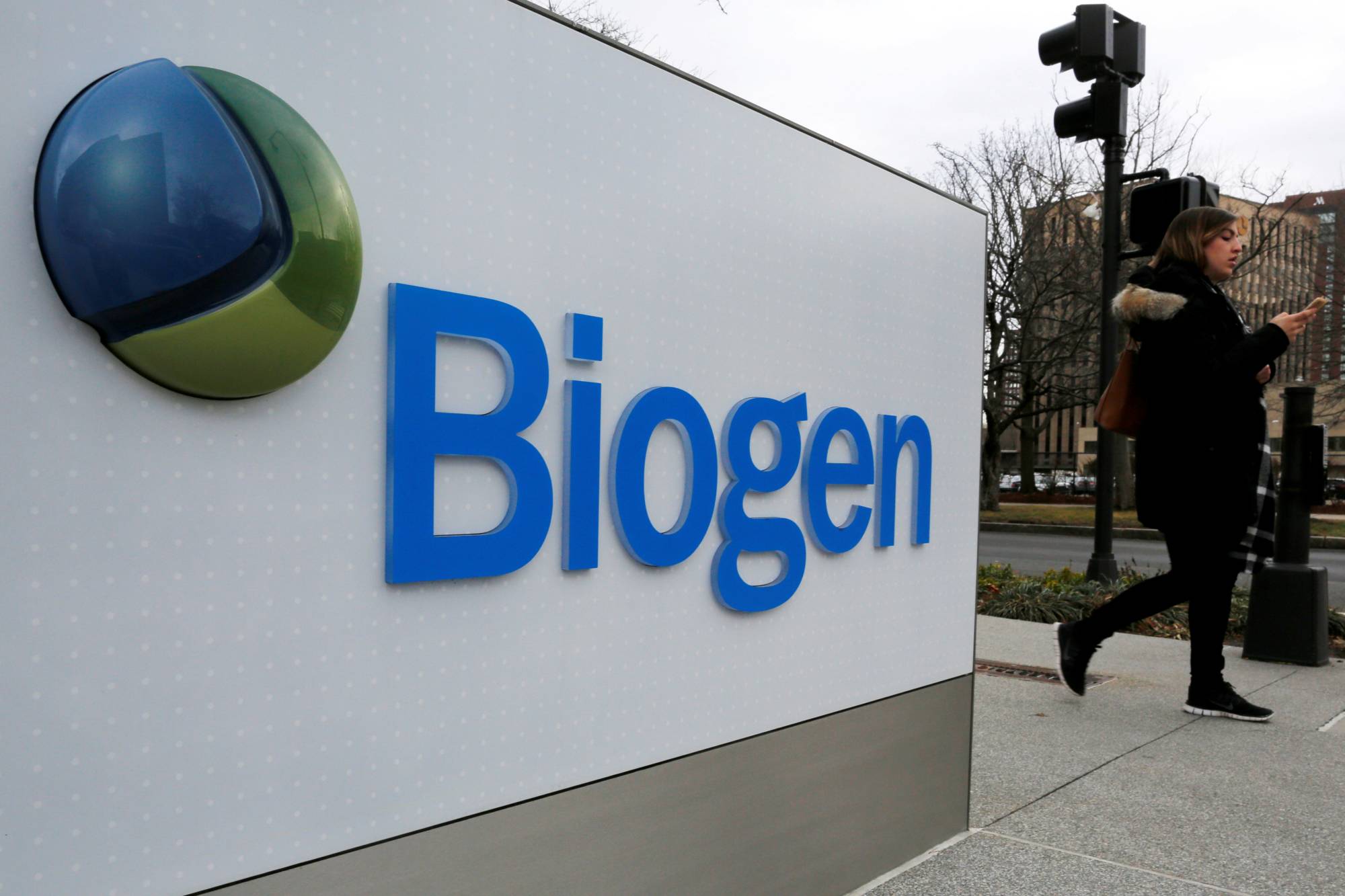In approving the first new Alzheimer's drug in nearly 20 years, the U.S. Food and Drug Administration is taking its biggest risk yet with a strategy that allows new therapies onto the market without strong evidence that they work, regulatory and scientific experts say.
The Biogen Inc. drug, Aduhelm, was authorized based on evidence that it can reduce brain plaques, a likely contributor to Alzheimer's, rather than proof that it slows progression of the lethal mind-wasting disease. The drug was developed along with Biogen's Tokyo-based partner Eisai Co.
The FDA has granted so-called "accelerated approval" in more than 250 instances since 1992, mainly for rare diseases or small patient populations that have had no effective treatments available to them. In these cases, the agency requires that drugmakers conduct additional clinical trials to prove their therapy works, or face withdrawal from the market.



















With your current subscription plan you can comment on stories. However, before writing your first comment, please create a display name in the Profile section of your subscriber account page.